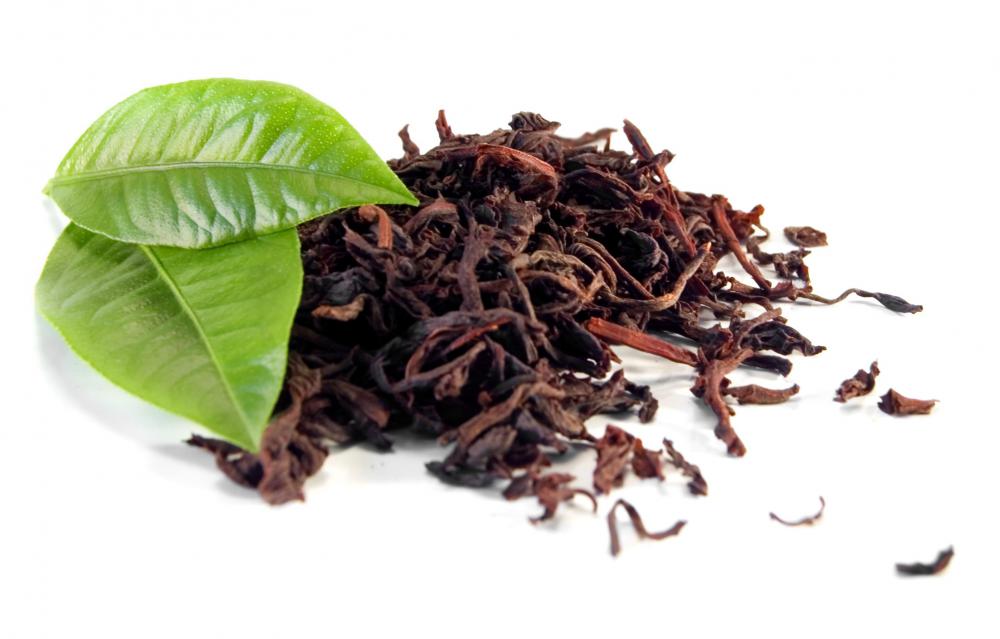At WiseGEEK, we're committed to delivering accurate, trustworthy information. Our expert-authored content is rigorously fact-checked and sourced from credible authorities. Discover how we uphold the highest standards in providing you with reliable knowledge.
What are Tannins?
Tannins are a substance that can be found in the bark, wood, fruit, leaves, flowers, and roots of most plant species. They typically resemble small, yellowish-brown masses that may be flaky, powdery, or sponge-like in texture. The function of tannins, which are considered polyphenols, is to protect plants from various microorganisms. Some plants, such as algae, contain very small amounts of tannin whereas other plants may have large amounts. Tree bark typically contains significant amounts of tannin.
People throughout the world use these substances for many different purposes. They are frequently used for tanning leather, dyeing cloth, and as a medicinal astringent. The slightly bitter aftertaste of tea, coffee, and wine can be attributed to its presence. Tea leaves contain lots of tannins, and the brownish color of tea is primarily due to tannins, which also act as pigments. They may also be added to certain types of processed ice cream and caramel in order to achieve a brownish, tan color.

Drinking too much coffee, tea, or wine could be detrimental to a person's health because these substances can disrupt digestion by blocking the body's absorption of certain nutrients, including iron. A deficiency in nutrients can lead to osteoporosis later in life. Switching to green or white tea may also be beneficial because these teas don't have a very high tannin content, which is also why they are each generally paler in color than black tea.

To combat this possible side effect of too much tannins, people are often advised to drink lots of milk in addition to their consumption of coffee, tea, or wine, or to cut back on the drinks altogether. Adding milk to coffee and tea could be a good way for a person to ensure that they are getting extra calcium and iron, and the addition of lemon to tea is another way to possibly keep it from blocking nutrient absorption.

There may be some health benefits associated with tannins, in addition to the risks. Due to their primary function of protecting the plants they inhabit, they have anti-bacterial, anti-inflammatory, and anti-parasitic effects. They can also aid in combating gingivitis in the mouth because of their bacteria-killing properties. Drinking tea and coffee in an attempt to benefit from these things should generally be done in moderation, preferably in between meals.
0
AS FEATURED ON:
AS FEATURED ON:















Discussion Comments
Excellent articles and information. I am still learning. Thank you! Now I know why I dehydrate while drinking sodas.
Also, caramel is good but I always broke out on my face the next day and with butterscotch also. I guess that answers that. They have the tannin in them.
In addition to tannins' role in blocked absorption of nutrients mentioned in the article, drinking large quantities of coffee, tea and any other beverages that contain caffeine contributes to dehydration.
Many pregnant women who drink a lot of tea or coffee soon before delivery say the dehydrating effects were detrimental during labor.
Post your comments